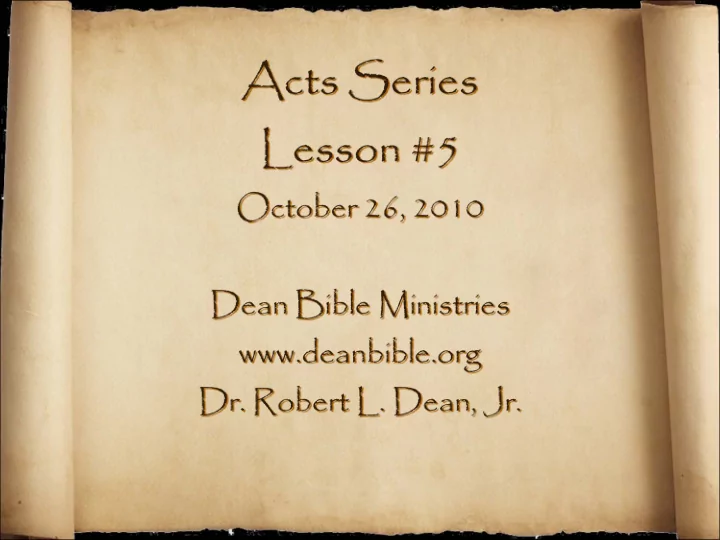

The Acts of the Apostles “To the end of the earth” Acts 1:8
Gen. 9:25, “So he said, ‘Cursed be Canaan; a servant of servants He shall be to his brothers.’ Gen. 9:26, “He also said, ‘Blessed be the LORD, the God of Shem; and let Canaan be his servant. Gen. 9:27, “ ‘May God enlarge Japheth, and let him dwell in the tents of Shem; and let Canaan be his servant.’ ”
Gen. 12:2, “I will make you a great nation; I will bless you and make your name great; and you shall be a blessing. Gen. 12:3, “I will bless those who bless you, and I will curse him who curses you; and in you all the families of the earth shall be blessed.”
Deut. 30:1, “Now it shall come to pass, when all these things come upon you, the blessing and the curse which I have set before you, and you call them to mind among all the nations where the LORD your God drives you, Deut. 30:2, “and you return to the LORD your God and obey His voice, according to all that I command you today, you and your children, with all your heart and with all your soul, Deut. 30:3, “that the LORD your God will bring you back from captivity, and have compassion on you, and gather you again from all the nations where the LORD your God has scattered you.”
Dispensation : A distinct and identifiable administration in the development of God’s plan and purposes for human history (Eph. 3:2; Col. 1:25–26).
Scofield: A dispensation is a period of time during which man is tested in respect of obedience to some specific revelation of the will of God.
The word oikonomia bears one significance, and means “an administration,” whether of a house, or property, of a state, or a nation, or as in the present study, the administration of the human race or any part of it, at any given time. Just as a parent would govern his household in different ways, according to varying necessity, yet ever for one good end, so God has at different times dealt with men in different ways, according to the necessity of the case, but throughout for one great, grand end. ~W. Graham Scroggie
A dispensation is a distinguishable economy in the outworking of God’s purposes. ~Charles C. Ryrie
A dispensation therefore is a distinct and identifiable administration in the development of God’s plan and purposes for human history (Eph. 3:2; Col. 1:25-26). A closely connected but not interchangeable word is age (Greek aion ), which introduces the time element. God manages the entirety of human history as a household, moving humanity through sequential stages of His administration, determined by the level of revelation He has provided up to that time in history. Each administrative period is characterized by revelation that specifies responsibilities, a test in relation to those responsibilities, failure to pass the test, and God’s gracious provision of a solution when failure occurs. ~Robert Dean, Jr. Tim LaHaye Prophecy Study Bible
Ryrie’s Sine Qua Non for Dispensationalism 1. A consistent, literal interpretation applied equally to all Scripture against spiritualizing or allegorizing portions of the text, especially in relation to prophecy, Israel, and the Church.
Ryrie’s Sine Qua Non for Dispensationalism 2. A consistent distinction is made between Israel and the Church. This is the acid test of a dispensationalist.
Ryrie’s Sine Qua Non for Dispensationalism 3. What is God’s ultimate purpose?
The essence of dispensationalism is the distinction between Israel and the Church which grows out of the consistent, plain interpretation and reflects the basic purpose of God in His dealings with man in ultimate glory.
Recommend
More recommend